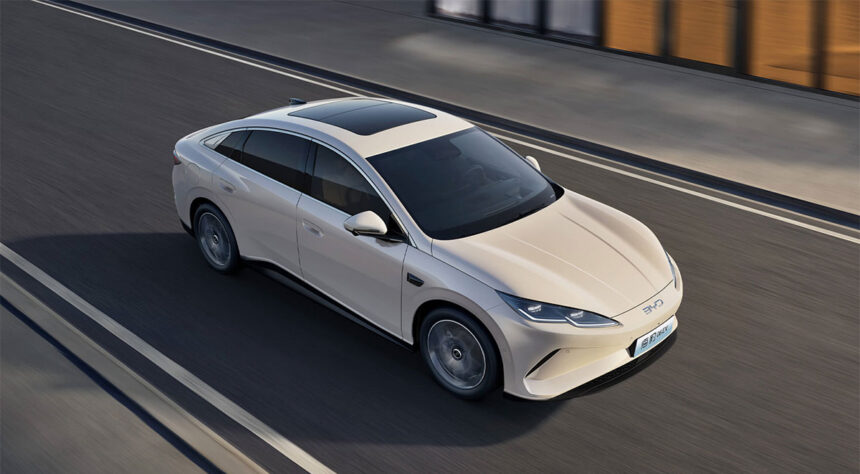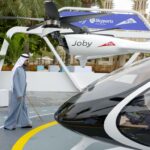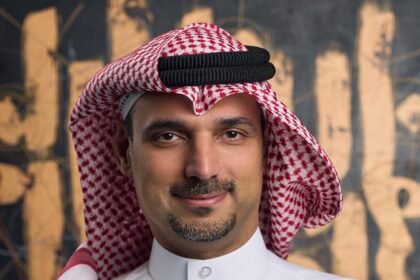Dubai, UAE — In a striking shift for one of the world’s major oil producers, the United Arab Emirates is emerging as a front-runner in electric vehicle (EV) adoption, outranking many countries in the speed of its transition and in public readiness for sustainable mobility. What once seemed a long way off is now becoming a palpable reality on Emirati roads.
Rapid Growth That Turns Heads
Just a few years ago, EVs in the UAE were niche — expensive, rare, and mostly luxury imports. The numbers tell a far different story now.
- In 2021, EVs made up only 0.7% of new car sales in the UAE. By 2023, that figure had leapt to around 13%.
- That represented 28,000 to 33,000 new EVs (including plug-in hybrids) sold in 2023 — a sharp rise over just a couple of years.
- In Dubai alone, EV numbers grew from ~15,100 vehicles at end-2022 to ~25,929 by end-2023
This speed of growth places UAE among the fastest adopters in its region, and puts it in a competitive spot globally (especially among oil-rich and middle/high-income nations). In the Middle East, UAE leads in EV penetration; neighboring countries are generally still in early stages, often below 1-2% EV share.
What’s Driving the Surge
The rapid EV uptake in the UAE is not accidental. Several forces are aligning to make the transition smoother and more attractive to consumers and businesses alike.
- Government Strategy & Policy Support
The UAE has explicitly made EV adoption part of its national climate, energy, and mobility strategy. Under the “Energy Strategy 2050” and related policies, the country aims to have electric and hybrid vehicles make up 50% of all vehicles on its roads by 2050.
Incentives are in place: free or reduced registration, free parking, waived tolls, and other perks for EV owners.
- Charging Infrastructure Expansion
Charging infrastructure is growing rapidly to match the rising demand. For example, Dubai’s “Green Chargers” program has seen a sharp increase in registered users (and EVs), and public charging stations are being rolled out more aggressively.
Abu Dhabi has big plans too: a joint venture between ADNOC and TAQA aims to install 70,000 charging points by 2030
How UAE Compares with Other Countries
While UAE isn’t yet the world’s leader in absolute numbers (countries with larger populations, like China or the U.S., still sell far more EVs in raw volume), UAE does very well when measured by these standards:
- Penetration rate: The share of new vehicle sales that are electric is growing much faster in UAE than in many regional peers. For example, many neighboring Middle Eastern countries are still at ~1% or lower EV share.
- Readiness: In global indices measuring EV readiness (which accounts for infrastructure, public attitudes, policies, pricing, etc.), UAE ranks high — often top in the region, and among the top globally.
- Ambition vs baseline: Because UAE is starting (recently) from a lower base, the growth percentage rates are large. Going from 0.7% to 13% in two years is a steeper climb than in markets that were already at 5-10%. That steepness is making the UAE stand out in studies of adoption speed.
Current Challenges & What’s Holding Back Maximum Potential
Despite strong momentum, there are headwinds and challenges that could slow or limit how quickly UAE stays ahead or how far it can go.
- Up-front cost / Premium Prices: Even with incentives, many EV models are more expensive to purchase, especially premium or luxury electric cars. Insurance, import duties, and other associated costs still often make EVs costlier up front
- Choice of Models: Compared with mature EV markets (Europe, China, etc.), UAE still has fewer EV models available. Variety is increasing, but customers often don’t have access to the full suite of lower-cost or mid-market EVs.
- Charging Infrastructure Gaps: Although charging stations are expanding, there are still gaps, especially for fast-charging, inter-city travel, and in less-urban areas. Range anxiety remains a concern for many prospective buyers.
- Battery / Climate Conditions: Operating in very hot climates (like UAE summers) can challenge battery performance and lifecycle. Ensuring durability, cooling, and reliable operation under these conditions adds technical and cost burdens.
- Regulatory and Habitual Barriers: Some import duty, registration, and policy frameworks may still favor internal combustion engine (ICE) vehicles tangentially. Also, customer habits and preferences (long range, resale value, maintenance familiarity) can slow adoption.
Projections: Where UAE is Headed
Looking ahead, analysts and government planning documents suggest strong growth is likely to continue, potentially accelerating even more if conditions remain favorable.
- By 2030, EVs could represent 15% or more of all new car and light commercial vehicle sales in the UAE.
- By 2035, that could increase to ~25% of new vehicle sales, equating to more than 110,000 EVs sold annually (new registrations) in certain scenarios.
- Government goals include having 50% of all vehicles on UAE roads being electric or hybrid by 2050. In terms of infrastructure, ambitious targets such as 70,000 charging points in Abu Dhabi by 2030, and expanding charging station coverage broadly, are under way.
Why “Wave II” Adoption Could Be Faster
Analysts describe the UAE (and Saudi Arabia) as “wave II” EV adoption markets — meaning they can learn from the experiences of “wave I” markets (US, Europe, China), avoiding mistakes and adopting best practices.
This can allow UAE to:
- Implement proven regulatory and incentive frameworks more cleanly.
- Introduce models and technologies with more competitive cost structures, since battery costs, production, and tech have matured.
- Leverage strong government investment and public infrastructure rollout.
- Mobilise public sentiment, which already appears favorable. Many residents are showing intent to purchase EVs as their next car.
Impacts: Economy, Environment & Society
The implications of this shift are significant:
Global Reputation & Policy Leadership: As the UAE demonstrates real progress, it strengthens its position in international climate policy, investment attraction, sustainable tourism, and technology adoption.
Environment & Air Quality: Less tailpipe emissions, especially in urban areas, leads to better air quality, reduced health costs, and lower carbon footprint. This ties into UAE’s net-zero and carbon neutrality goals.
Energy & Oil Dynamics: While UAE remains a major oil producer, increased EV usage domestically shifts some energy consumption patterns from gasoline/petrol/diesel to electricity. This may favour renewable energy usage, local electricity generation, and potential export of green expertise.
Economic Diversification & Jobs: The EV ecosystem (charging infrastructure, maintenance, logistics, import/distribution, possibly local assembly) can generate new industries and jobs. Also, consumers saving on operating costs (electricity vs fuel) over lifetime may re-channel spending.














